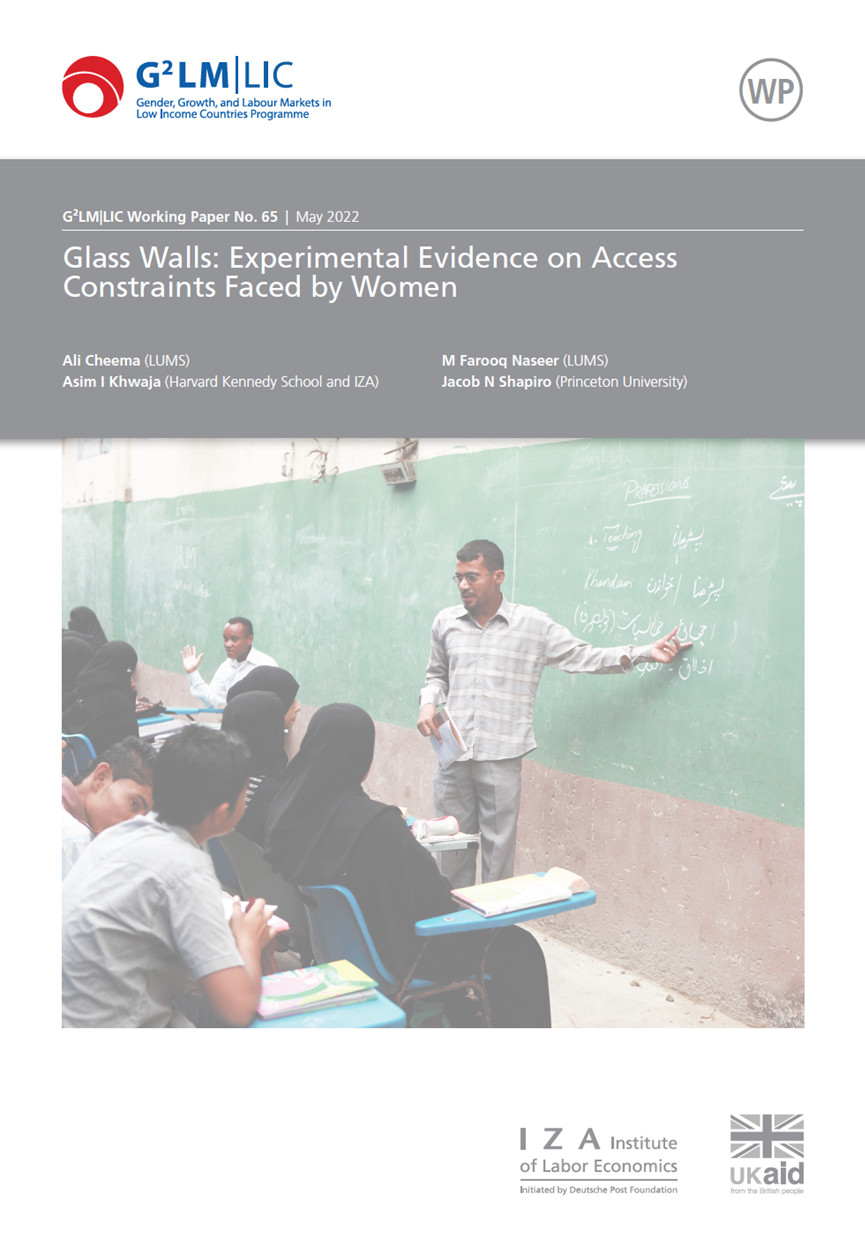
Asim I. Khwaja
Asim Ijaz Khwaja is Director of the Center for International Development at Harvard University, the Sumitomo-Foundation for Advanced Studies on International Development Professor of International Finance and Development at the Harvard Kennedy School, and the co-founder of the Center for Economic Research in Pakistan (CERP). His areas of interest include economic development, finance, education, political economy, institutions, and contract theory/mechanism design. His research combines extensive fieldwork, rigorous empirical analysis, and microeconomic theory to answer questions that are motivated by and engage with policy.
He has been published in leading economics journals, such as the American Economic Review and the Quarterly Journal of Economics, and has received coverage in numerous media outlets, such as The Economist, The New York Times, the Washington Post, the International Herald Tribune, Al-Jazeera, BBC, and CNN.
His recent work ranges from understanding market failures in emerging financial markets to examining the private education market in low-income countries. He was selected as a Carnegie Scholar in 2009 to pursue research on how religious institutions impact individual beliefs.
Khwaja received BS degrees in economics and in mathematics with computer science from MIT, and a Ph.D. in economics from Harvard. He was born in London, U.K., and lived in Kano, Nigeria and Lahore, Pakistan before moving to Cambridge, Massachusetts.
Khwaja also serves as the faculty co-chair of a week-long executive education program, “Rethinking Financial Inclusion: Smart Design for Policy and Practice,” aimed primarily at professionals involved in the design and regulation of financial products and services for low-income populations.
